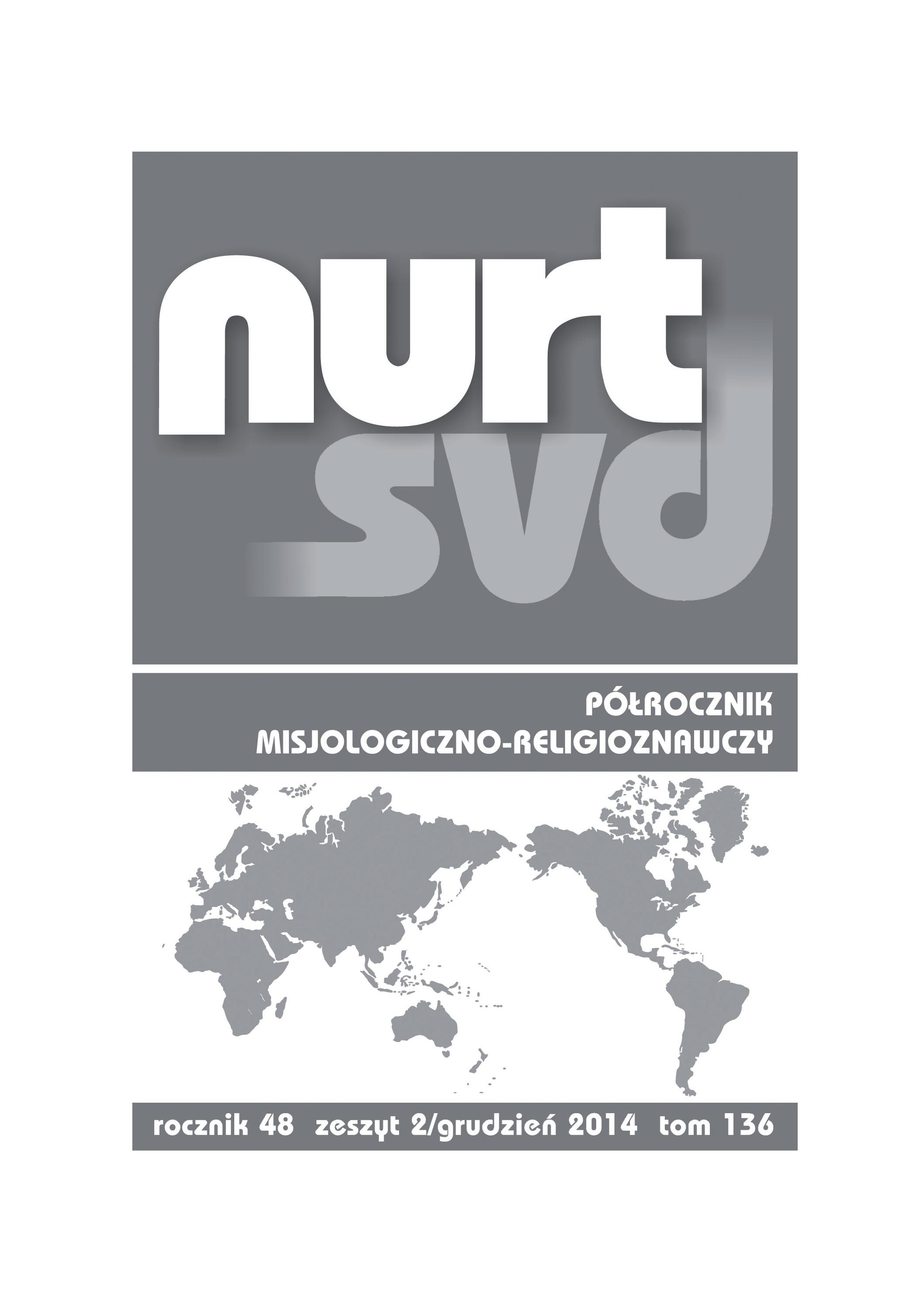Buberowska krytyka „Boga filozofów”
Martin Buber’s Criticism of the “Philosophers’ God”
Author(s): Karol JasińskiSubject(s): Theology and Religion
Published by: Verbinum
Keywords: Martin Buber; the God of philosophy and faith; philosophy; psychology
Summary/Abstract: The article presents Martin Buber’s († 1965) critique of selected lines of philosophical and psychological concept of the Absolute. The present author executes this task by introducing the distinction between objectified God (the idea of the Absolute present in certain system of thought) and the living God (the God of experience and dialogue). This article cites M. Buber’s criticism of thinkers’ concepts: B. Spinoza’s (the objection of reducing God to the realm of thoughts and the denial of His personality), I. Kant’s (the criticism of reducing God to moral principles and to the position of a guarantor of human happiness), G.W.F. Hegel’s (the objection of identifying God with the concept), F. Nietzsche’s (the criticism of the death of God – the moral legislator – and the deification of man), H. Cohen’s (the objection of reducing God to the idea of truth), H. Bergson’s (the critique of the idea of God – the “creative effort”), M. Heidegger’s (the complaint of shifting God to the human realm of subjectivity and treating Him as an idea), J.P. Sartre’s (the critics of descripting the relationship between God and man in a subject-object form and of denying the basic fact of the human existence: “being given”), and C.G. Jung’s (the complaint of psychologising God and of reducing the religious experience to a psychological one).
Journal: Nurt SVD
- Issue Year: 136/2014
- Issue No: 2
- Page Range: 91-109
- Page Count: 19
- Language: Polish

